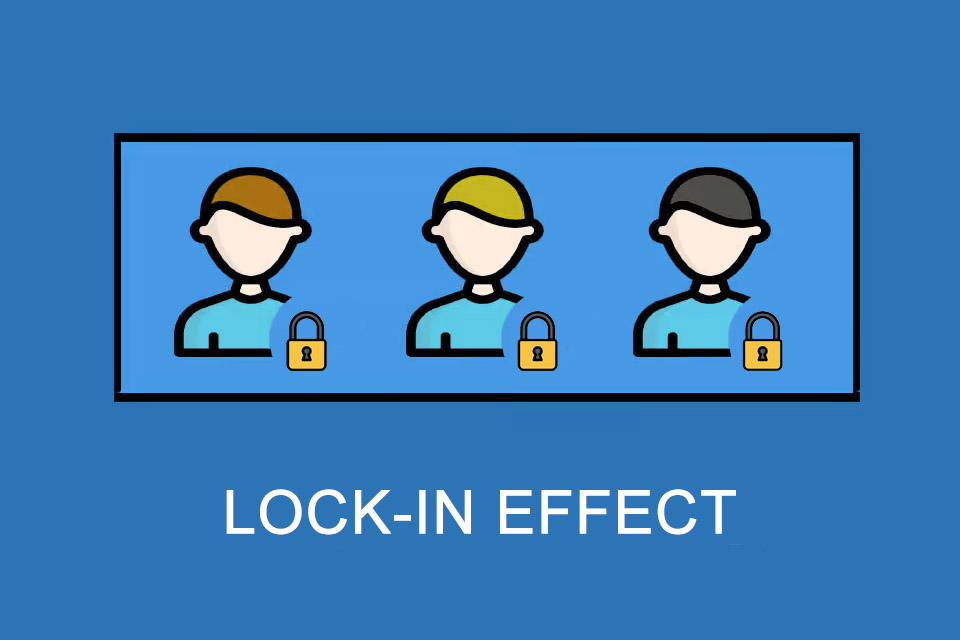What is Review Karma?
Balance in cooperation: How review karma becomes an agreement
Reviews are a key tool in the cooperation within an organisation. They ensure quality, promote the exchange of knowledge and help to reduce risks. However, a recurring pattern can be seen in many teams: some employees regularly ask for reviews, but rarely give feedback themselves.
This creates an imbalance: work is distributed unevenly, some employees cannot make sufficient progress with their own work packages, important changes are delayed, and frustration arises.
This is where review karma comes in. It describes a simple rule: anyone who requests a review must first provide a review or substantive feedback for others. This creates more balance within the team, makes collaboration fairer, shortens turnaround times, and increases shared responsibility for quality.
Opportunities and advantages of review karma
Review karma is deliberately kept simple. It is precisely this clarity that makes it effective, because it combines fairness with concrete benefits for collaboration in organisations.
Fairer distribution of work
The agreement distributes the responsibility for feedback across several shoulders. No one bears the burden alone, and a more balanced working relationship is created.
Shorter turnaround times
When more people actively give feedback, waiting times for feedback are reduced. Whether it’s a document, a concept or a code review, work packages don’t lie around unnecessarily for long.
Increasing quality
Regular feedback improves results. Texts become clearer, concepts more comprehensible, code more stable. Typical errors or misunderstandings are recognised earlier and are easier to correct.
Knowledge sharing within the team
The more people give regular feedback, the more widely knowledge is distributed within the team. This reduces dependence on individuals and strengthens shared responsibility.
More personal responsibility
Those who give feedback themselves often reflect more deeply on their own work. Tasks are better documented, changes are described more precisely, and decisions are communicated more clearly.
Challenges and possible disadvantages of review karma
Although review karma has many advantages, there are aspects that should be considered in practice.
Superficial feedback
Some employees see the agreement as a compulsory exercise and give feedback that has little substance. This creates formal fairness, but does not help the team in terms of content. Clear expectations and brief guidelines for feedback can help here.
Different levels of experience
Not all employees feel equally confident in giving feedback. New team members or less experienced individuals in particular may be hesitant or uncertain. Accompanied feedback sessions or tandems can make it easier to get started.
Quantity instead of quality
There is a risk that feedback will only be given to meet quotas. If the number of responses becomes more important than their content, the agreement loses its effectiveness. It is crucial that the team keeps an eye on the quality of the feedback.
Specialist knowledge as a bottleneck
In some situations, specialist knowledge is required to give feedback. If only a few people have this knowledge, an unequal distribution arises despite the agreement. One solution is to systematically pass on knowledge and thus reduce dependencies.
Coordination effort
The rule requires transparency about who gave feedback and who requested feedback. Without a certain overview, misunderstandings can easily arise. Simple overviews or short notes in the work process are often enough to overcome this hurdle.
Exceptions to review karma
Like any rule, review karma needs sensible exceptions. It is not possible in every situation to implement the preliminary work for feedback without hindering the work. It is important that exceptions are consciously identified and communicated transparently within the team.
Urgent changes
If, for example, an error in a product needs to be corrected immediately, the feedback must not fail due to the preliminary work. In such situations, quality assurance remains important, but the order takes a back seat.
Onboarding new employees
New team members often need a lot of feedback themselves before they are able to give effective feedback to others. In this phase, they receive more reviews than they give, which is understood as a learning process.
Special topics and expert knowledge
There are areas in which only a few people can give informed feedback, such as regulatory issues, complex architecture or legal documents. In such cases, specialist knowledge counts more than compliance with the agreement.
Exceptional situations in the team
If there are temporarily fewer people available due to holidays, illness or other pressures, it may make sense to balance things out over a later period.
Small and low-risk changes
Mini corrections or non-critical adjustments often do not require a full review according to the karma principle. In such cases, a pragmatic approach can be prioritised.
Implementation in practice
Review karma thrives on its simplicity. The agreement only works if it is clearly formulated, made transparent and easy to apply in everyday life. It is not about creating a complex set of rules, but about promoting a culture of reciprocity. It is important that the agreement is decided jointly by the team and documented as part of the working method, for example in a team agreement or in the project guidelines.
To ensure that no one loses track, it should be clear who last provided feedback. This can be achieved by making short notes in task or review tools or by creating a simple list on the team board. This creates transparency without additional bureaucratic effort.
Daily application should also be easy. Anyone who needs feedback checks in advance where they can give feedback themselves. Over time, the principle becomes a natural routine that requires little additional effort. It is crucial to keep an eye on the quality of the feedback. The mere number of feedback comments is of little help if they have little substance in terms of content. Short guidelines, checklists or joint feedback sessions help to ensure the effectiveness of the feedback.
Finally, it is worthwhile to reflect on the agreement regularly in retrospectives or feedback rounds. The aim is not to control individual contributions, but to jointly check whether fairness, quality and speed are actually being achieved and whether adjustments are necessary.
Impulse to discuss
In theory, the review karma agreement sounds simple, but in practice, a crucial question often arises: How can we ensure that feedback is not only given to fulfil the agreement, but is also actually helpful?
Notes:
The term karma originally comes from religious and philosophical traditions, where it describes the principle of cause and effect. Put simply, it means that actions have consequences and that our own actions influence our future experiences.
Applied to cooperation in organisation, karma stands for reciprocity: those who contribute something themselves can also expect support in return. In the context of reviews, this means that no one just takes or just gives, but that a balance is established. It is less about moral judgement and more about an agreement that makes fairness visible and promotes mutual commitment.
The term review karma is not yet widely used and is rather informal in nature. Those who wish to do so can therefore use other terms that emphasise the idea of reciprocity. Possible terms include review exchange, review swap, review balance or review budget. Terms such as give one get one reviews or reciprocal reviews can also be used. Regardless of the term chosen, the central idea remains that feedback is a give and take that ensures greater fairness and quality in collaboration.
In the Journal of Applied Psychology, 90(6), 1241, you will find a meta-analysis on the relationship between organisational social behaviour and counterproductive work behaviour, which also addresses review karma.
If you like the article or would like to discuss it, please feel free to share it in your network. And if you have any comments, please do not hesitate to send us a message.
Here you can find additional information from our Smartpedia section:



